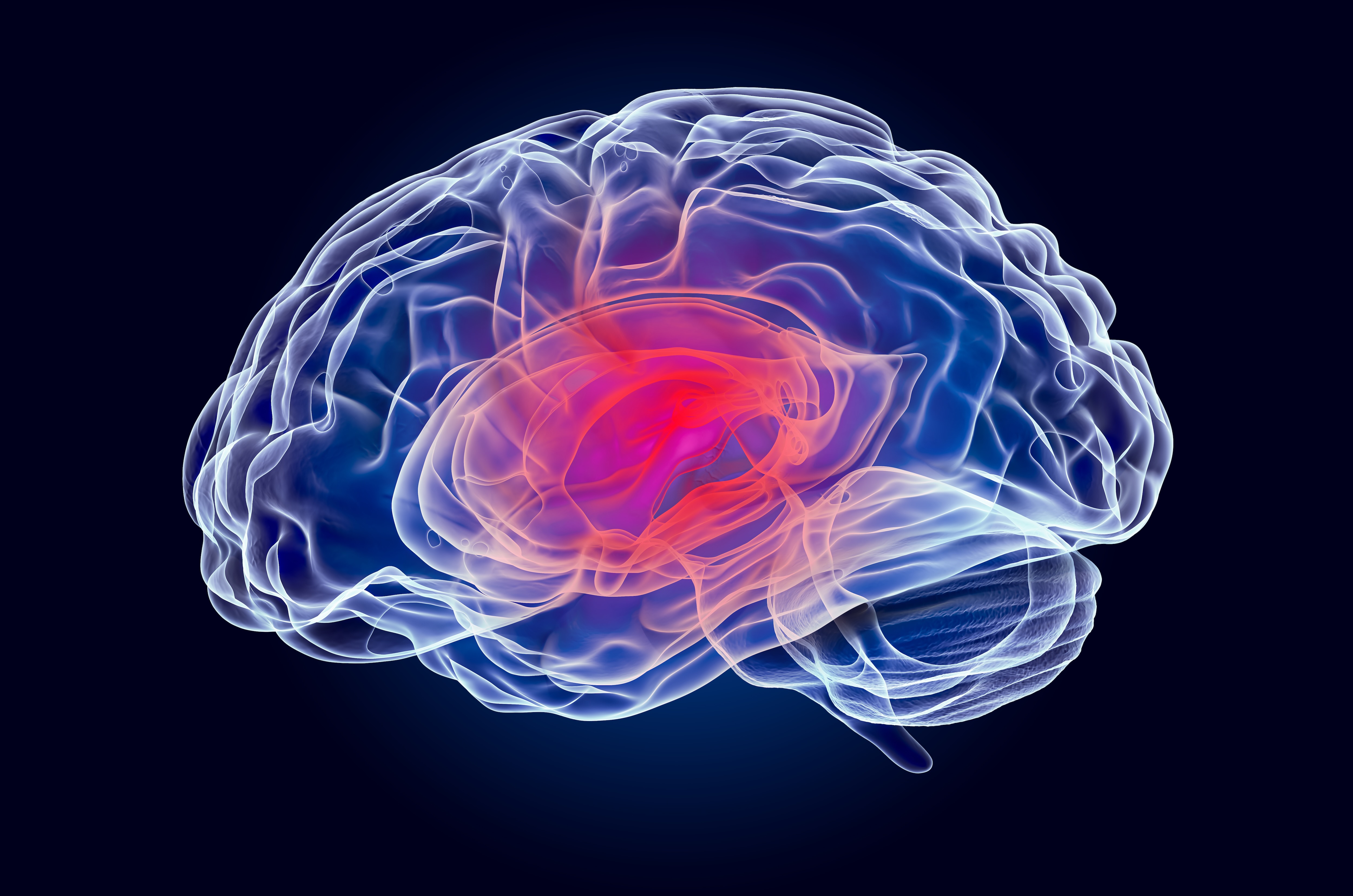
New Brunswick, N.J. May 28, 2025 – Brain tumors are complex conditions that affect the brain and spinal cord and require expert diagnosis and treatment. Jonathan H. Sherman, MD, FAANS, FCNS, FACS, Chief of Neurosurgical Oncology at Rutgers Cancer Institute and RWJBarnabas Health and Morana Vojnic, MD, MBA, System Leader for Neuro-Oncology at RWJBarnabas Health and Director of Neuro-Oncology at Rutgers Cancer Institute share what people should know about brain tumors and the importance of seeking specialized care.
What Is a Brain Tumor?
Brain tumors can arise from the brain itself or spread from cancers elsewhere in the body. Because the brain controls nearly every part of the body, even benign tumors can have serious effects depending on their location.
Brain and spinal tumors fall into two categories: primary, which originate in the brain or spinal cord, and metastatic, which originate in other parts of the body—such as the breast, lung, or prostate—and spread to the brain. Both types can disrupt essential neurological functions and require prompt attention and expert care.
Recognizing the Symptoms
Symptoms of brain tumors vary depending on the tumor’s type, size, and location. Common signs may include persistent headaches, vision or speech problems, difficulty with balance, seizures, or changes in behavior or personality. Because many of these signs can be mistaken for less serious conditions, it’s important to pay attention to any persistent or unexplained neurological changes and seek medical attention promptly.
Risk Factors
While many brain tumors do not have a clearly identified cause, certain risk factors may increase the likelihood of developing one. These include age (with some tumors more common in children and others in older adults), a family history of brain tumors, exposure to radiation, and certain genetic syndromes such as Li-Fraumeni syndrome or neurofibromatosis. Individuals with weakened immune systems may also be at higher risk.
Treatment Options and Multidisciplinary Care
Treatment options vary depending on the type and grade of the tumor but may include surgery, radiation therapy, chemotherapy, or targeted therapies. In many cases, care is coordinated by a multidisciplinary team of experts who specialize in brain and spinal tumors, including neurosurgeons, neuro-oncologists, radiation oncologists, and support staff.
Expert Care Close to Home
At Rutgers Cancer Institute and RWJBarnabas Health, patients with brain and spinal tumors have access to comprehensive, specialized care through the Neuro-Oncology Program. As New Jersey’s only National Cancer Institute (NCI)-Designated Comprehensive Cancer Center, the program offers advanced surgical techniques, personalized treatment planning, and supportive services that span the continuum from diagnosis to survivorship.
Learn more about the Neuro-Oncology Program →
Media Contacts:
Krista Didzbalis
Corporate Communications Specialist, Strategic Communications, RWJBarnabas Health
732.507.8307
krista.didzbalis2@rwjbh.org

